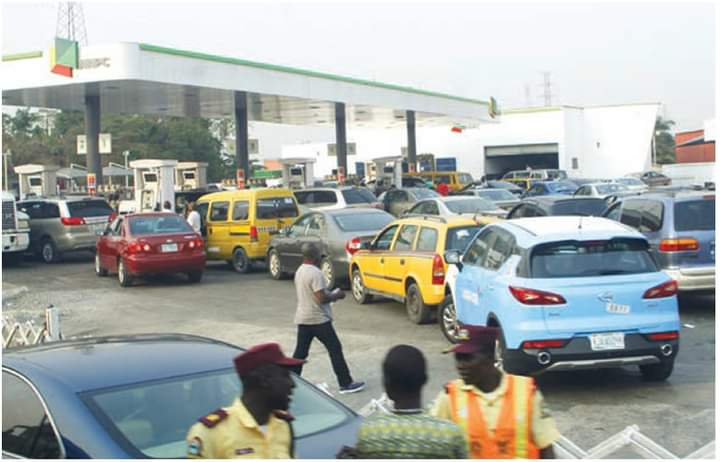New report reveals a decrease in Nigeria’s petrol landing cost to N971 per litre, highlighting shifts in fuel import expenses and potential pricing impacts.
The estimated landing cost of Premium Motor Spirit (PMS), or petrol, in Nigeria has seen a significant decline of 20.34%, now standing at N971.57 per litre over the last three months.
This decrease is attributed to favorable global market conditions and improved supply chain factors.
Nevertheless, the retail price of petrol has surged, increasing by N443, or 71.79%, from N617 per litre on August 1, 2024, to N1,060 per litre by November 8, 2024.
Data from the Major Energies Marketers Association indicates that in August 2024, the price of imported petrol was N1,219 per litre, with Brent crude priced at $80.72 per barrel and an exchange rate of N1,611 per dollar.
By November, while the estimated landing cost had decreased to N971.57, the Brent crude benchmark was $75.57 per barrel, and the exchange rate had risen to N1,665.84 per dollar.
Despite the drop in landing costs, retail prices have continued to escalate, with petrol priced at N1,060 at Nigerian National Petroleum Company (NNPC) stations and N1,180 at independent marketers.
Further analysis shows that landing costs were N945.63 in September and N903.64 in October.
The persistent rise in retail prices can be linked to ongoing fuel market deregulation, exchange rate volatility, inflation, and broader economic issues.
Experts argue that the reduction in landing costs should ideally lead to lower retail prices; however, the underlying factors driving price increases remain influential.
In light of the escalating fuel prices, the Nigeria Labour Congress (NLC) has accused fuel marketers of price manipulation, asserting that the pump price exceeds the actual market value, and has expressed its concerns in a communique following its National Executive Council meeting.
Peoplesmind


